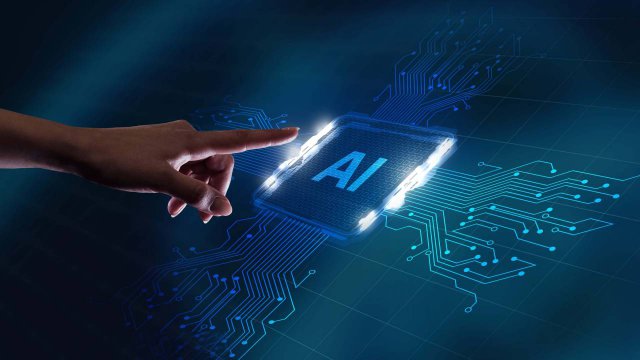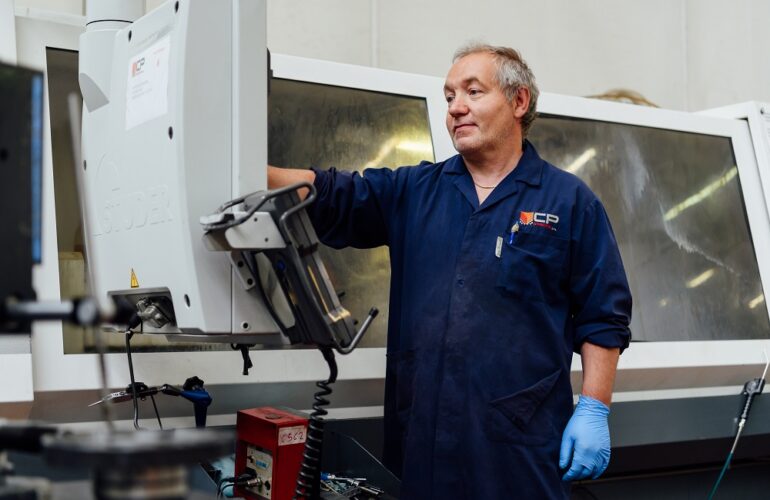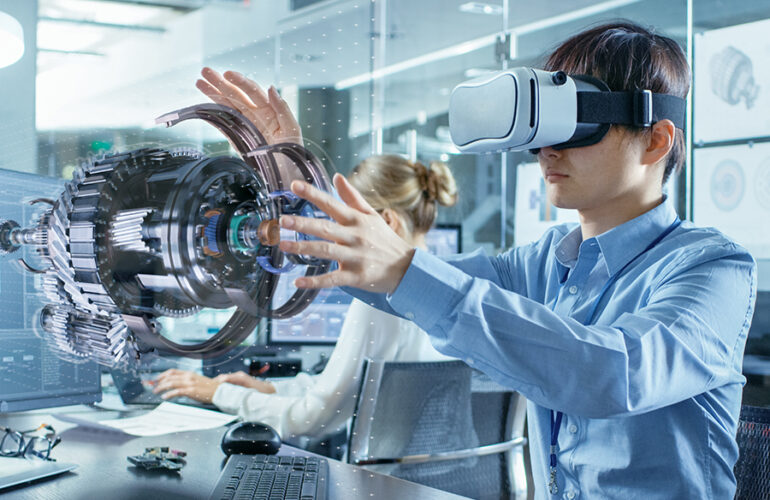Artificial Intelligence (AI) is revolutionizing the landscape of precision mechanics, bringing forth breakthrough advancements that promise to optimize processes and enhance product quality. In an industry where precision is crucial, and competition is ever-intensifying, the adoption of AI presents unprecedented opportunities to elevate standards.
Advancements in artificial intelligence
- Machine learning in design
One of the key advancement is the application of machine learning in component design. Machine learning algorithms analyze vast datasets, expediting decision-making processes and suggesting optimizations in the shape and geometry of components. This not only reduces design times but also enhances product performance and durability.
For instance, a recent study by McKinsey found that the use of AI in precision component design can cut design times by up to 50% and improve product performance by up to 10%.
- Predictive Maintenance with AI
AI has proven to be a crucial asset in predictive maintenance: through real-time data analysis from machinery, AI-based systems predict when a machine might require maintenance.
A recent report by Gartner predicts that by 2025, 60% of organizations will use AI-based predictive maintenance.
- Optimization of Production Processes
From optimizing processing sequences to automatically adjusting production parameters, AI contributes to overall efficiency improvement and ensures consistency in product quality.
A recent study by IDC found that the use of AI in production processes can increase productivity by up to 20% and reduce costs by up to 15%.
Practical applications in the precision mechanics industry
- Advanced quality control
In quality control processes, AI plays a fundamental role in detecting defects or anomalies. Intelligent systems continuously analyze data from sensors, ensuring the production of defect-free components and maintaining high-quality standards.
- Automatic machine programming
AI simplifies machine programming in precision component production. By reducing setup times and providing flexibility, AI makes production more agile and adaptable to specific needs.
PwC predicts that by 2030, AI will be responsible for automating up to 50% of machine programming tasks.
- Performance prediction of materials
Through the analysis of historical data and material characteristics, AI helps select the most suitable materials for specific applications, ensuring performance optimization.
Future Developments
The future of AI in precision mechanics promises continuous developments, with the evolution of current technologies and the introduction of cutting-edge solutions. Some of the most promising future developments include:
- AI in reverse engineering: AI can analyze sensor data and reconstruct the geometry of a component or system. This can be useful for maintenance, product improvement, and new product design.
- AI in robotics: AI can enhance the performance of robots in precision mechanics, guiding them more precisely and safely or automating complex tasks such as assembly.
- AI in additive manufacturing: AI can enhance the precision and efficiency of additive manufacturing. For example, AI can optimize printing parameters or detect and correct errors.
These are just a few examples of how AI is changing precision mechanics. AI has the potential to revolutionize the industry, making it more efficient, productive, and innovative.




